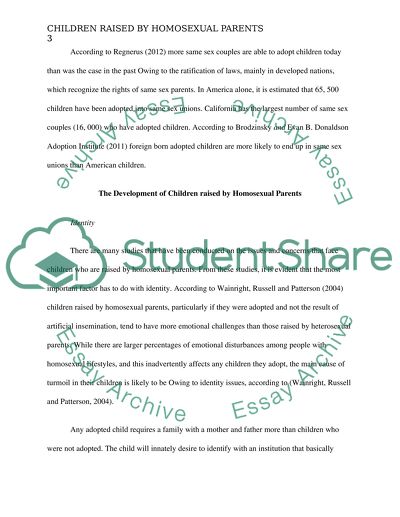Cite this document
(“The affects of children raised by homosexual parents Research Paper”, n.d.)
The affects of children raised by homosexual parents Research Paper. Retrieved from https://studentshare.org/gender-sexual-studies/1489906-the-affects-of-children-raised-by-homosexual
The affects of children raised by homosexual parents Research Paper. Retrieved from https://studentshare.org/gender-sexual-studies/1489906-the-affects-of-children-raised-by-homosexual
(The Affects of Children Raised by Homosexual Parents Research Paper)
The Affects of Children Raised by Homosexual Parents Research Paper. https://studentshare.org/gender-sexual-studies/1489906-the-affects-of-children-raised-by-homosexual.
The Affects of Children Raised by Homosexual Parents Research Paper. https://studentshare.org/gender-sexual-studies/1489906-the-affects-of-children-raised-by-homosexual.
“The Affects of Children Raised by Homosexual Parents Research Paper”, n.d. https://studentshare.org/gender-sexual-studies/1489906-the-affects-of-children-raised-by-homosexual.


